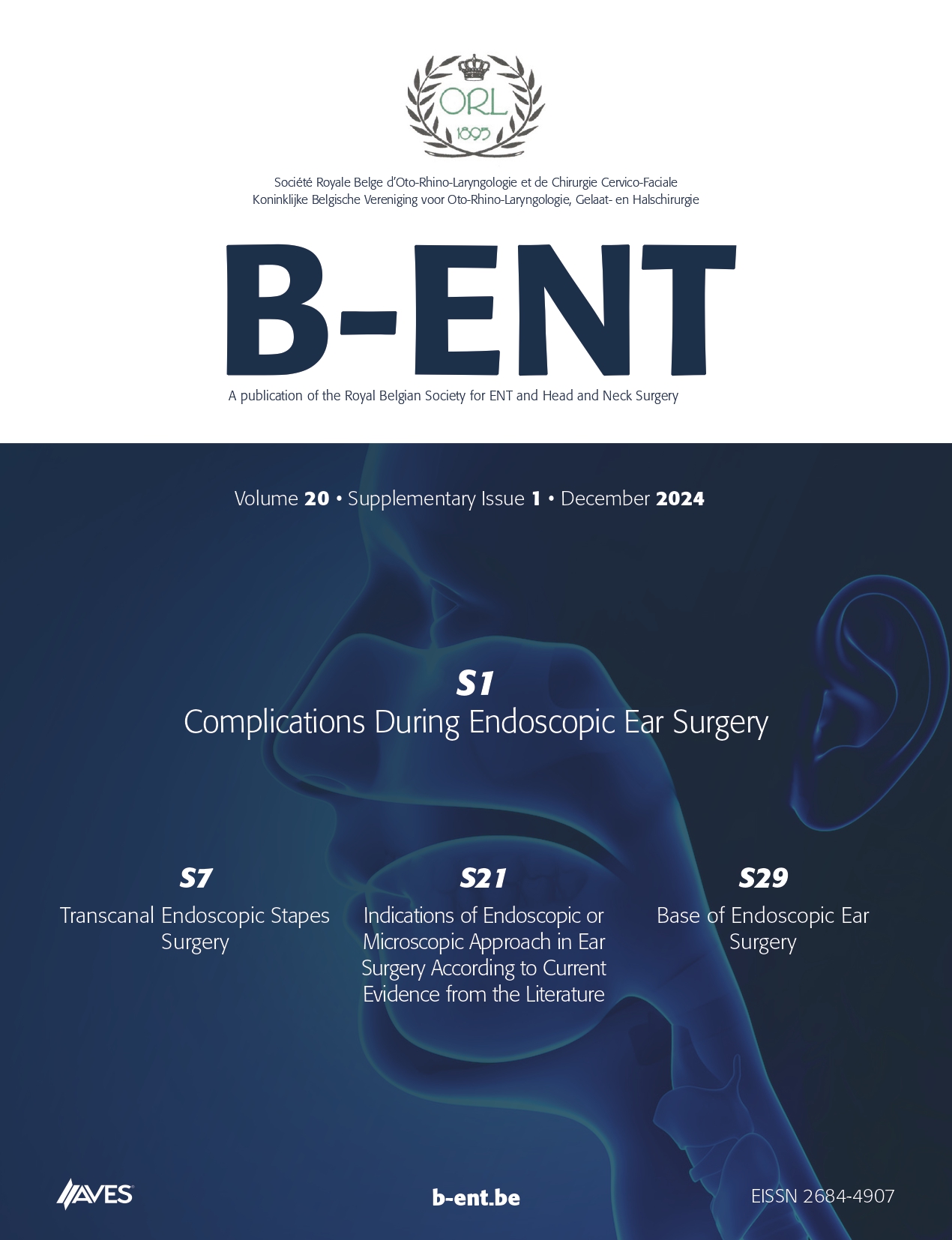Efficacy of preincisional levobupivacaine for adult tonsillectomy patients. Problem/objective: We compared the effects of preincisional peritonsillar infiltration of 5 ml levobupivacaine hydrochloride (50 mg/10 ml) on bleeding during surgery and pain after tonsillectomy in patients aged 16 years or older.
Methodology: The study was conducted in 44 adult patients who underwent tonsillectomy. These patients were randomized to either the study group (SG) who received levobupivacaine infiltration to the peritonsillary fossae prior to surgery, or a control group (CG) treated with 0.9% sodium chloride infiltration to the peritonsillary fossae prior to incision. The volume of intraoperative bleeding was recorded. Pain was evaluated using a visual analogue scale (VAS). The first pain score was assessed immediately after arriving in the postoperative care unit. VAS scores were subsequently re-assessed 2, 4, 8, 12, and 24 hours postoperatively. The first analgesic requirement was assessed 24 hours postoperatively.
Results: The pain relieving effect in the levobupivacaine group was statistically significant 2, 4, 12, and 24 hours postoperatively (p≤0.05), but there was no difference in VAS scores between groups at the first and 8-hour postoperative assessments. There were no differences between the two groups regarding analgesic requirements. The difference between the mean intraoperative blood loss in the SG and CG was statistically significant (p≤0.05). No serious complications were observed in either group.
Conclusion: Preincisional levobupivacaine infiltration seems to be a safe and easily applied medication for postoperative pain control, and decreased the volume of intraoperative blood loss in adult patients after tonsillectomy.



.png)
